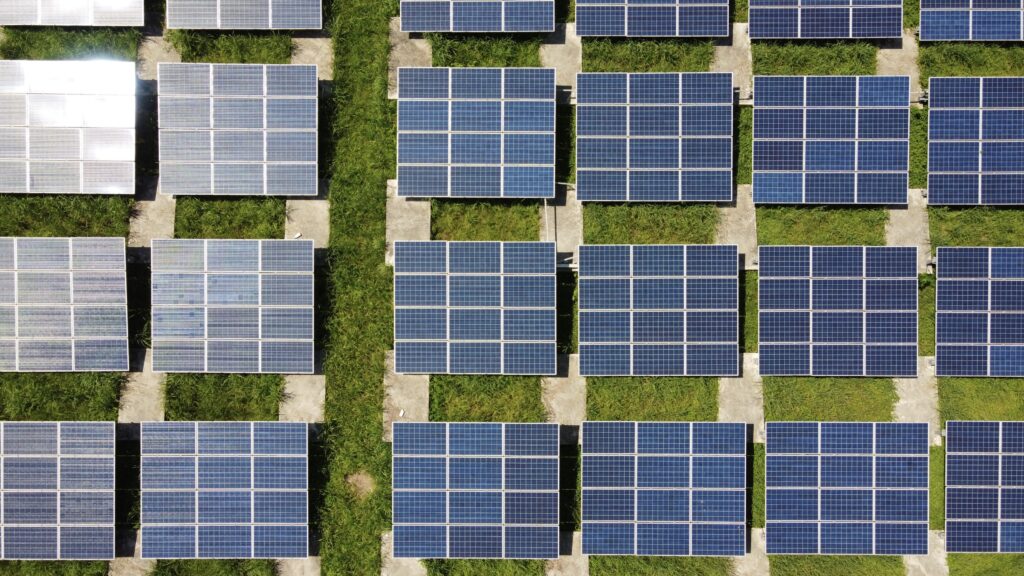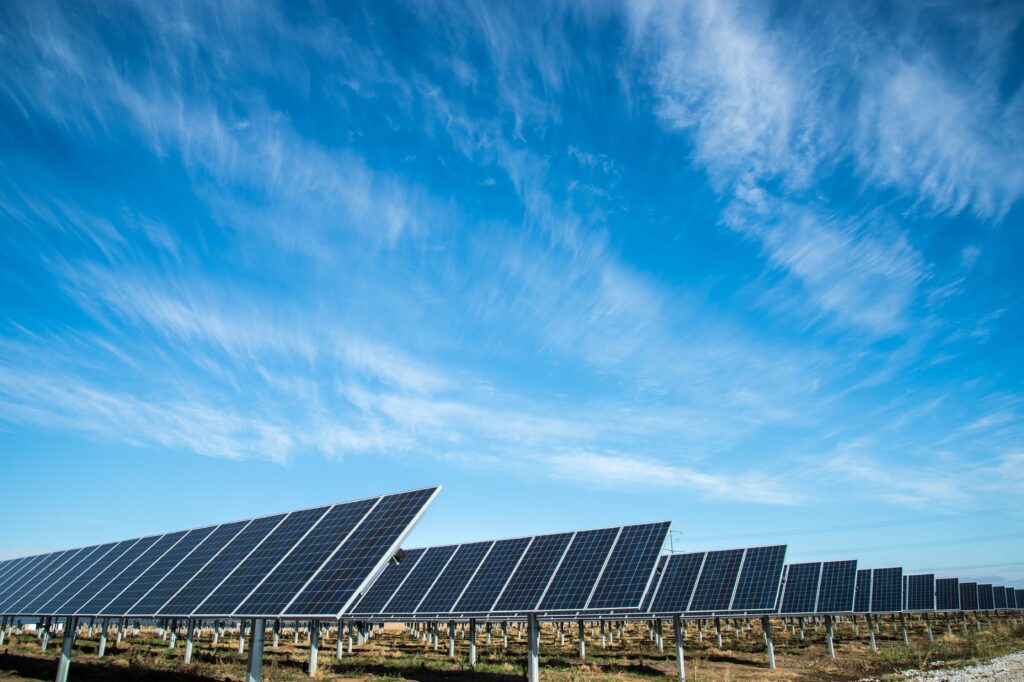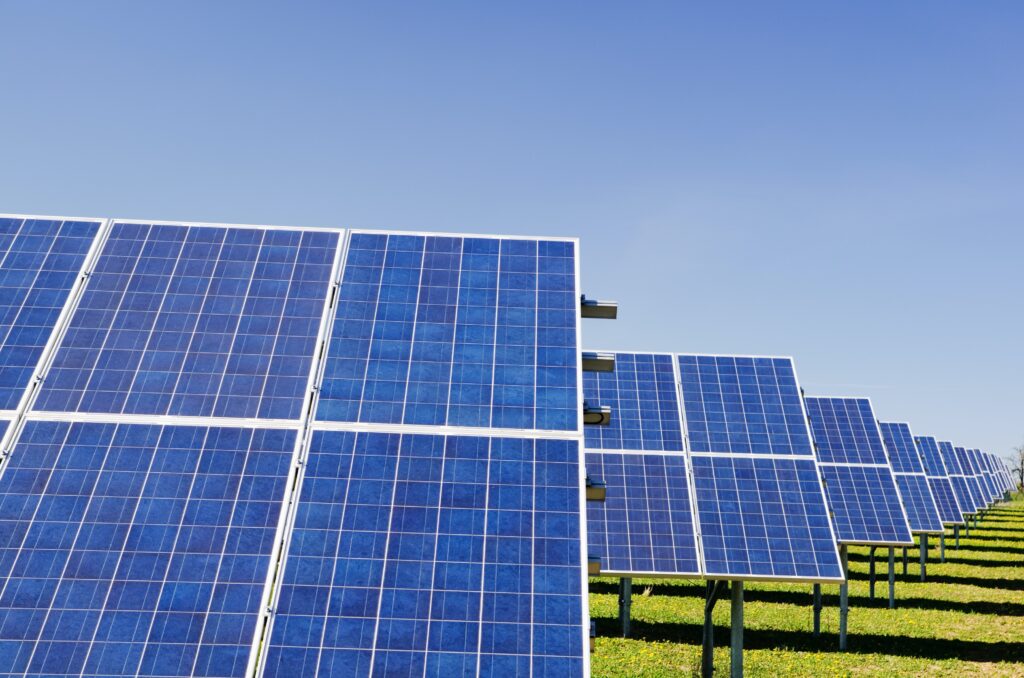Thinking of purchasing a solar generator? As solar energy gains popularity, many are turning to solar generators as a sustainable and reliable backup power source. However, before making such an investment, it is important to understand what to consider before buying a solar generator. From understanding your power needs to evaluating the capacity and efficiency of the generator, this article will provide you with valuable insights that will help you make an informed decision. So, let’s dive in and explore what you need to know before buying a solar generator.
Understanding Solar Generators
Definition of Solar Generators
A solar generator, also known as a solar power station, is a portable device that converts solar energy into electrical energy. It consists of solar panels that capture sunlight, a battery to store the energy, and an inverter to convert the stored energy into usable electricity. Unlike traditional generators that require fuel, solar generators harness renewable energy from the sun, making them a clean and sustainable power source.
How Solar Generators Work
Solar generators operate through a simple process. The solar panels collect sunlight and convert it into direct current (DC) electricity. This electricity is then stored in the generator’s battery for later use. The inverter in the generator converts the stored DC electricity into alternating current (AC), which is the type of electricity used to power most household appliances. The AC electricity can be accessed through the generator’s outlets or used to charge electronic devices through USB ports.
Types of Solar Generators
There are several types of solar generators available in the market, ranging from small portable models to larger systems designed for off-grid living. Portable solar generators are lightweight and compact, making them ideal for camping trips, outdoor events, or emergency backup power. These smaller models typically have lower power output but can still charge small electronics, such as smartphones and laptops. For residential or commercial use, larger solar generator systems with higher capacity and power output are available. These systems are capable of providing enough electricity to power essential appliances and even an entire home during power outages or in off-grid locations.
Assessing Your Power Needs
Identifying Electrical Appliances to be Powered
Before purchasing a solar generator, it is crucial to evaluate your power needs. Make a list of the electrical appliances and devices you plan to power using the generator. Consider both the essential appliances that are necessary for your daily needs, like refrigerators or medical equipment, as well as the additional appliances that you would like to power, such as televisions or air conditioning units.
Estimating Power Consumption
Once you have identified the appliances, you need to estimate their power consumption. This information is often specified on the appliance’s label or in the user manual and is measured in watts (W) or kilowatts (kW). Add up the power requirements of all the appliances to determine the total power consumption. It is important to note that some appliances may have surge power requirements, which are higher than their normal power consumption during startup. Taking these surges into account will ensure the solar generator can handle the initial power demand without overloading.
Additional Power for Future Needs
Consider any potential future needs when assessing your power requirements. If there is a possibility of adding more appliances or expanding your power needs in the future, it is advisable to choose a solar generator that can accommodate those changes. Opting for a system with expandability features allows you to add more solar panels or batteries as your power needs increase, providing flexibility for future upgrades.

Features to Consider in a Solar Generator
Solar Panel Output
The solar panel output determines how quickly the solar generator can recharge its battery. It is measured in watts and represents the maximum power that the solar panels can produce under ideal conditions. A higher solar panel output allows for faster charging, enabling quicker recovery of the battery’s capacity. Consider the solar panel output in relation to your power needs and the amount of sunlight available in your location to ensure efficient charging.
Generator Battery Capacity
The battery capacity of a solar generator determines how much electricity it can store. It is measured in watt-hours (Wh) or kilowatt-hours (kWh). A higher battery capacity means the generator can store more electricity, providing longer runtimes for connected appliances. When evaluating battery capacity, consider both the total capacity and the usable capacity. The usable capacity refers to the amount of energy that can be safely drawn from the battery without damaging it. It is usually less than the total capacity to ensure the longevity of the battery.
Inverter Rating
The inverter rating of a solar generator indicates its maximum power output. It is measured in watts and determines the size of the appliances that can be powered by the generator. Ensure that the inverter rating is sufficient to handle the power requirements of your appliances. It is advisable to choose a generator with an inverter rating slightly higher than the combined power requirements of your appliances to avoid overloading the system.
Expandability & Compatibility
Consider whether the solar generator offers expandability options and compatibility with additional solar panels and batteries. Expandability allows you to increase the power capacity of the system as your needs grow, making it a more flexible long-term solution. Compatibility with other solar panels and batteries ensures that you can easily integrate the generator with existing solar setups or add-ons in the future.
Portability
If you plan to use the solar generator for outdoor activities or emergencies, portability is a critical factor to consider. Look for generators that are lightweight, compact, and designed with handles or wheels for easy transportation. Portable solar generators should be durable and able to withstand various weather conditions, ensuring they remain reliable and effective wherever they are needed.
The Efficiency of the Solar Generator
Solar Panel Efficiency
Solar panel efficiency refers to the effectiveness of the solar panels in converting sunlight into electricity. It is expressed as a percentage and represents the amount of sunlight that can be converted into usable energy. Higher solar panel efficiency means more electricity can be generated from the same amount of sunlight, maximizing the generator’s performance. Consider the solar panel efficiency in conjunction with the available sunlight in your location to ensure optimal energy production.
Battery Efficiency
Battery efficiency refers to the ability of the generator’s battery to store and discharge electricity with minimal energy loss. A higher battery efficiency allows for more efficient use of the stored energy. Look for generators with batteries that have low self-discharge rates and high charge retention capabilities to maximize overall system efficiency.
Inverter Efficiency
Inverter efficiency relates to how effectively the inverter converts DC electricity from the battery into AC electricity. A higher inverter efficiency ensures that less energy is wasted during this conversion process. Look for generators with inverters that have high efficiency ratings to maximize the amount of usable electricity produced.
Understanding Total System Efficiency
Total system efficiency takes into account the efficiency of the solar panels, battery, and inverter to evaluate the overall performance of the solar generator. A higher total system efficiency means that more of the solar energy captured is converted into usable electricity. Consider the total system efficiency when comparing different solar generator models to ensure you choose one that offers optimal energy conversion and minimal energy loss.

Financial Considerations
Initial Investment Cost
When considering purchasing a solar generator, it is important to evaluate the initial investment cost. Solar generators can vary significantly in price based on their power output, battery capacity, and additional features. Determine your budget and compare different models to find the one that best meets your power needs while considering the long-term cost savings.
Maintenance Cost
Solar generators generally have lower maintenance costs compared to traditional generators since they do not require fuel or oil changes. However, it is still important to consider any maintenance requirements and associated costs. Check the manufacturer’s recommendations for maintenance tasks such as cleaning the solar panels or replacing the battery, and factor in any potential costs when assessing the overall financial impact.
Lifetime Value
Assessing the lifetime value of a solar generator involves considering its expected lifespan and the amount of energy it can produce over that time. Higher-quality generators with longer lifespans may have a higher upfront cost but can provide significant long-term savings. Calculate the cost per kilowatt-hour (kWh) of electricity produced by the generator over its lifetime to determine its value compared to other power sources.
Financial and Tax Incentives
Look into any available financial incentives or tax credits for purchasing a solar generator. Depending on your location, there may be rebates, grants, or tax credits available that can offset a portion of the initial investment cost. Research local and federal programs to determine if you qualify for any incentives, as they can significantly affect the overall financial considerations.
Installation & Maintenance
Ease of Installation
Consider the ease of installation when choosing a solar generator. Some models may require professional installation, while others can be set up by the user without extensive technical knowledge. Look for generators that come with clear installation instructions and user-friendly interfaces to simplify the setup process.
Maintenance Requirements
Different solar generator models have varying maintenance requirements. Some may require regular cleaning of the solar panels to ensure optimal performance, while others may involve periodic battery checks or software updates. Consider your willingness and ability to perform maintenance tasks and choose a generator that aligns with your preferences.
Longevity and Warranty
Assess the expected longevity of the solar generator and check if the manufacturer offers a warranty. A longer warranty period can indicate the manufacturer’s confidence in the generator’s quality and reliability. Look for warranties that cover both the generator and its components, such as the solar panels and battery, as this provides additional protection and peace of mind.

Environmental Impact
Carbon Footprint Reduction
One of the key benefits of solar generators is their ability to reduce carbon emissions and minimize the environmental impact. By using renewable solar energy instead of fossil fuels, solar generators contribute to a significant reduction in greenhouse gas emissions. Consider the environmental benefits when evaluating different solar generator models to understand their contributions to sustainable energy usage.
Battery Disposal and Recycling
Batteries used in solar generators may eventually reach the end of their lifespan and need to be replaced. It is important to properly dispose of old batteries to prevent environmental pollution. Look for generators that use batteries with recycling programs or environmentally friendly disposal options to minimize the impact on the environment.
Noise Pollution
Solar generators operate quietly since they do not have internal combustion engines like traditional generators. This eliminates the noise pollution often associated with generator usage. Consider the noise levels of different solar generator models, especially if you plan to use the generator in noise-sensitive environments such as camping grounds or residential areas.
Regulatory Requirements
Local Building Codes and Regulations
Check your local building codes and regulations to ensure compliance with any requirements related to solar generator installations. Some areas may have specific guidelines for solar panel placement or permit requirements that need to be followed. Familiarize yourself with these regulations to ensure a smooth and legal installation process.
Required Permits
Certain jurisdictions may require permits for solar generator installations. These permits typically involve paperwork and inspection processes to ensure the installation meets the necessary safety standards. Determine if your area requires any permits and factor in the associated time and cost when planning for the installation.
Net Metering Policies
Net metering policies allow solar generator owners to sell excess electricity back to the grid. This can result in financial savings by offsetting energy costs. Research the net metering policies in your area and understand how they can impact your overall electricity expenses. Incorporating net metering into your solar generator setup can provide additional benefits and potentially reduce the payback period for your investment.
Reviewing Solar Generator Models
Comparing Different Brands
There are numerous brands and models of solar generators available in the market, each with its own features and specifications. Take the time to compare different brands, read product descriptions, and assess customer reviews to gain insight into the performance and reliability of the generators. Look for brands with a strong reputation and positive customer feedback to ensure you choose a reliable and high-quality product.
Online Reviews and Ratings
Online reviews and ratings can provide valuable information about the experiences of other customers with a particular solar generator model. Read both positive and negative reviews to understand the strengths and weaknesses of the generators you are considering. Pay attention to specific features or issues mentioned repeatedly in the reviews, as this can help you make an informed decision.
User Experiences
Speak with individuals who have firsthand experience using solar generators. Their insights and feedback can provide valuable information about the practical aspects, performance, and overall satisfaction with specific generator models. Engaging in forums or online communities dedicated to solar power can connect you with knowledgeable individuals who can offer guidance based on their personal experiences.
Most Recommended Models
Consider the solar generator models that are frequently recommended by experts and users alike. These models typically have a proven track record of reliability, performance, and customer satisfaction. Look for generators that consistently receive positive recommendations across different sources to increase the likelihood of choosing a dependable and efficient solar generator.
Choosing a Reliable Solar Company
Company Reputation
When purchasing a solar generator, it is important to choose a reliable solar company with a strong reputation. Research the company’s history, customer feedback, and overall track record. Look for companies that have been in the industry for a significant period and have a proven commitment to quality and customer satisfaction.
Warranty Coverage
Check the warranty coverage offered by the solar company for their generators. A comprehensive warranty that covers the generator, solar panels, and battery can provide added peace of mind. Pay attention to the warranty duration and any specific terms and conditions stated in the warranty policy.
Customer Service
Evaluate the customer service provided by the solar company. A responsive and helpful customer service team can assist with any questions, concerns, or technical support needs that may arise during the installation or operation of the solar generator. Look for companies that prioritize excellent customer service to ensure a positive experience throughout your solar journey.
Professional Installation Services
If you prefer professional installation, consider solar companies that offer these services. Professional installers have the knowledge and expertise to ensure a safe and efficient installation process. Research the company’s installation reputation and inquire about the qualifications and certifications of their installation team.
By understanding the key aspects of solar generators, assessing your power needs, considering important features, evaluating the efficiency and financial implications, and reviewing different models and solar companies, you can make an informed decision that aligns with your requirements and preferences. Whether it is for outdoor adventures, emergency backup power, or off-grid living, a solar generator can provide a clean, sustainable, and reliable source of electricity.




